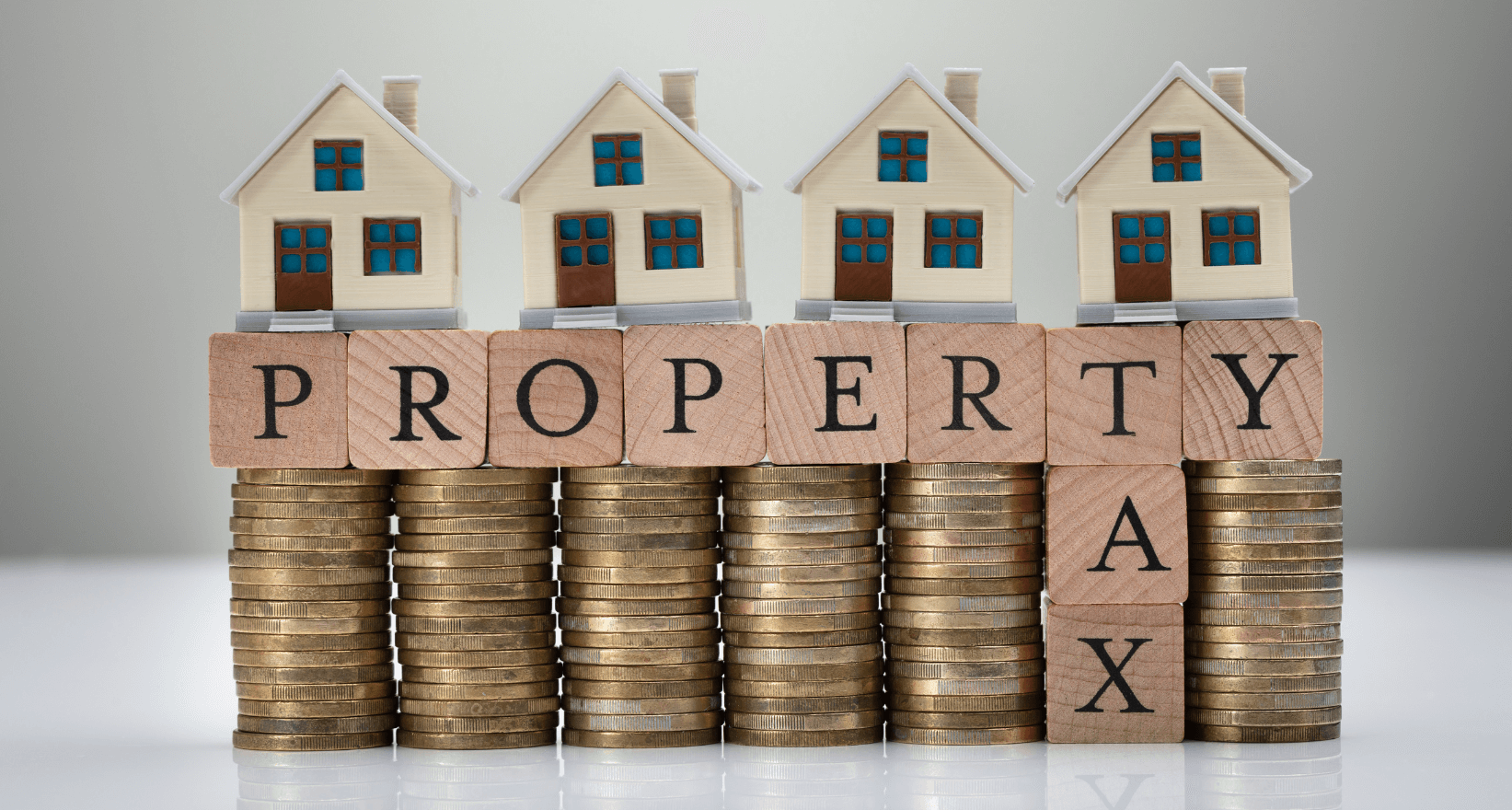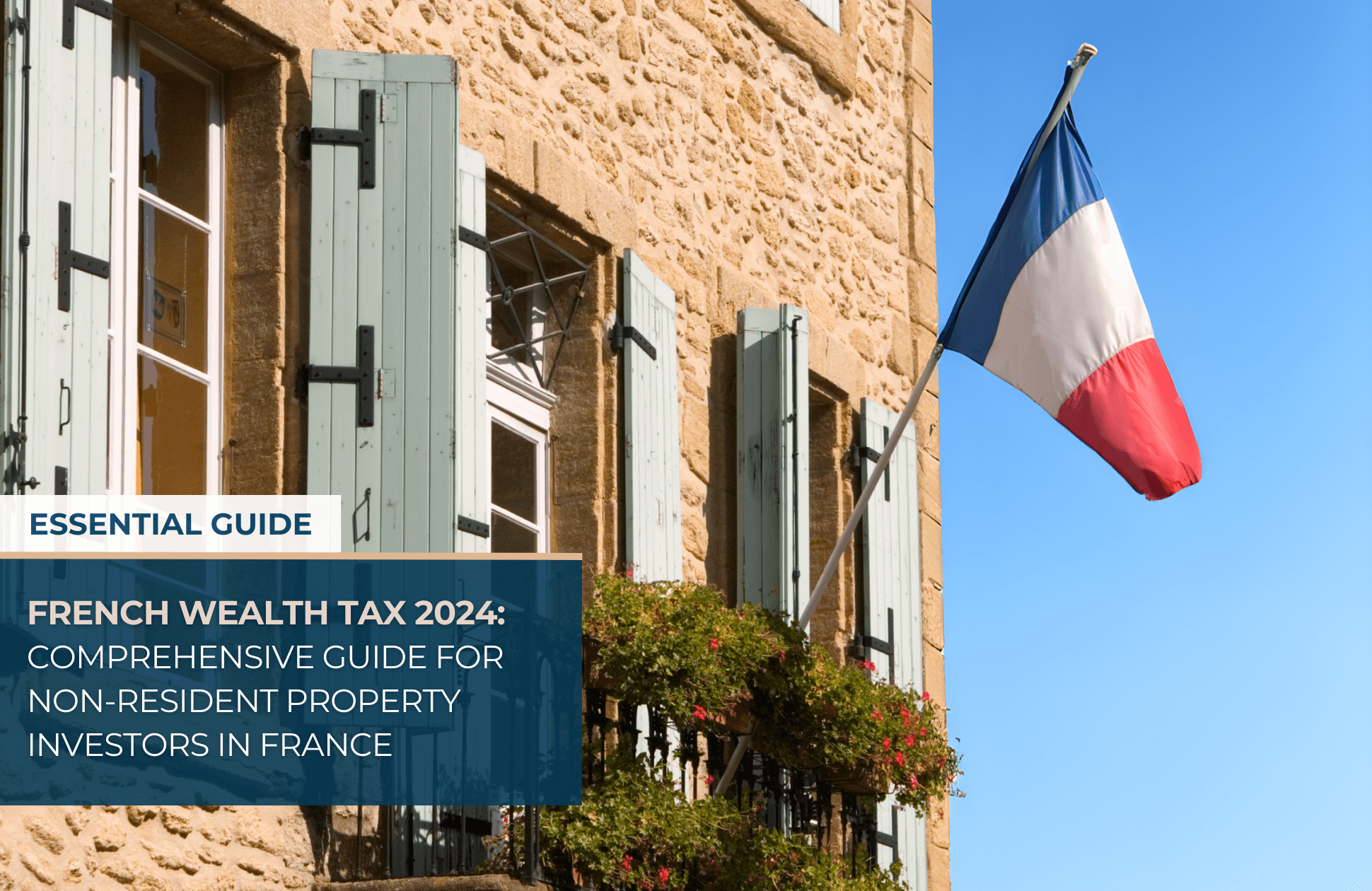Introduction to New Tax Regulations in France
As residential property owners, it\’s important to understand the recent changes to French property tax regulations. In 2023, France updated its tax rules, requiring all property owners, whether individuals or corporations, to update or complete their \”déclaration d’occupation\” through the \”Espace Particulier\” (Particular Section) on the French tax authority\’s website. This initiative aims to streamline the tax process and ensure all properties are appropriately assessed.

© www.impots.gouv.fr
Navigating Key Property Tax Components
The French tax system encompasses essential elements such as the \’taxe d\’habitation\’ and \’taxe foncière\’, which property owners need to manage attentively.
Taxe d\’Habitation
The Taxe d\’Habitation, or residence tax, is annually imposed on all furnished properties that are suitable for habitation, whether they are occupied, rented out, or left vacant. Importantly, the amount is determined by local authorities and varies based on the property’s location, its rental value, and the circumstances of the occupants. Despite recent reforms aimed at phasing out this tax for most primary residences in 2023, it still applies to second homes and luxury properties.
Taxe Foncière
Conversely, the Taxe Foncière, or property tax, is an annual charge on property owners, which applies irrespective of whether the property is occupied, rented, or unoccupied. This tax is calculated based on the cadastral value, reflecting the property\’s potential rental value, and is adjusted by local rates determined by municipal and departmental authorities. It includes taxes on both built and unbuilt properties. Significantly, it is mandatory for all property owners, including non-residents, underscoring its importance for thorough property management.
Adhering to Tax Submission Deadlines
Adhering to tax declaration deadlines is crucial. The cut-off date for 2024 submissions is June 30th, with no allowances for extensions. Non-compliance can lead to a penalty of €150 for each property not declared. It\’s vital for property owners to mark this date in their calendars and prepare their documents well in advance to ensure timely submissions.
 Accurate Record-Keeping for Property Tax
Accurate Record-Keeping for Property Tax
Changes in property use since January 1st, 2024, necessitate updates to your tax registration. Accurate record-keeping ensures correct taxation and helps avoid penalties. Regular updates to your property status on the French tax portal can prevent future legal and financial complications.
Assistance for Non-Resident Property Owners
Non-resident property owners might find navigating local tax laws challenging. Specialised services are available to help manage and submit property declarations, ensuring compliance with French tax laws. These services can be invaluable in managing the complexities of \”taxe d\’habitation\” and \”taxe foncière\” from abroad. At, Worldwide Property we can help provide these services with our trusted network of professional english speaking lawyers & accountants. You can simply contact us if you\’d like help with pointing you in the right direction.
Managing Your French Property Taxes Online
For comprehensive guidance on managing your property taxes, including taxe d\’habitation and taxe foncière, visit the French Tax Authority\’s official website. This platform allows property owners to access their accounts and confirm that their declarations are current. Utilising these online tools effectively can simplify the management of your tax obligations.
Explore Related Guides
For further insights into managing your finances while owning property in France, consider exploring these additional guides:
Guide to French Wealth Tax
Understanding the French Wealth Tax is crucial for property owners, particularly those with a significant investment in French real estate. This guide provides a detailed look at who is liable for this tax, how it is calculated, and strategies for efficient tax planning. The French Wealth Tax can impact non-residents and residents alike, making it important to understand its implications on your overall financial obligations in France.
Read more about the French Wealth Tax here.
Understanding the Para-Hotelier Scheme
The Para-Hotelier Scheme offers potential tax advantages for property owners who rent out their furnished properties on a short-term basis. This guide delves into the benefits of the scheme, including VAT recovery and rental income tax considerations. For non-resident owners looking to maximise their investment while offering rental accommodations, understanding the Para-Hotelier Scheme is essential.
Learn more about the Para-Hotelier Scheme here.
 Conclusion on Ensuring Tax Compliance in France
Conclusion on Ensuring Tax Compliance in France
Maintaining compliance with local tax laws is essential for all property owners. Effective management of your tax responsibilities ensures that all legal obligations are met smoothly. By staying informed and proactive, property owners can navigate the complexities of French property tax regulations with confidence.

 Accurate Record-Keeping for Property Tax
Accurate Record-Keeping for Property Tax

 Conclusion on Ensuring Tax Compliance in France
Conclusion on Ensuring Tax Compliance in France